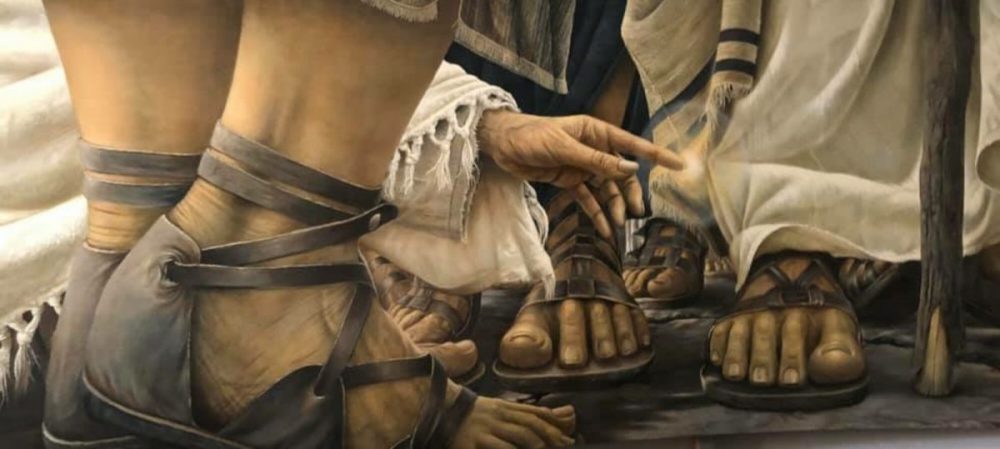I’ve known for a long time the importance of reading Scripture in its context. Whenever we read a passage, we should always look at the verses before and after to understand the flow of thought. We should also research who is writing, the individuals to whom they are writing, and the reason they are writing to fully appreciate the meaning of the passage. Only when we understand the historical, literary, and cultural context—when we can see how the recipients received and understood the message, can we apply it to our lives today. However, I have recently come to realize the need to include the geographic context in my study of a passage of Scripture. It is important to know where an event took place because it can have some bearing on the meaning of the text, especially when the location is clearly noted in the passage.
One example of this is in Matthew 16:13-20. This is the passage where Jesus asks the disciples who people say he is. After listing several names, Jesus then asks them whom they say he is. Of course, Peter speaks out and makes the declaration that he is “the Christ, the Son of the living God” (Matt. 16:16). Following this, Jesus says, “Blessed are you, Simon Bar-Jonah! For flesh and blood has not revealed this to you, but my Father who is in heaven. And I tell you, you are Peter, and on this rock I will build My church, and the gates of hell shall not prevail against it” (Matt. 16: 17-18 ESV).
Of course, this is a very familiar passage of Scripture. I have read it and taught from it many times. However, I never paid attention to an important item in verse thirteen which brings a whole new understanding to Jesus’ words. At the beginning of this passage, we are told that Jesus went to the district of Caesarea Philippi. I believe that Matthew added this information because he wanted us to know that it was not by accident that Jesus asked this question at this location. He chose Caesarea Philippi as the place to make his declaration. Why?
Caesarea Philippi is about twenty-five miles north of Galilee. Just outside the city is a large cave carved out of a sheer cliff face. In the Old Testament times, this area was the center for Baal worship, however, following the conquest of Alexander the Great, it was dedicated to the worship of Greek fertility gods, particularly the god Pan. At the mouth of the cave, archeologists have found a temple, shrines, a courtyard for rituals, and niches for statues related to Pan.
Worshippers of Pan and other fertility gods believed that the cave created a gate to the underworld where the gods lived during the winter and returned to the surface each spring. To entice the gods to return each spring, the worshippers engaged in all kinds of detestable sexual acts. To these pagan worshippers, the gods traveled to and from the underworld through this cave which they called the gates of hell.
Over the years, there has been much discussion on what Jesus referred to when he said, “on this rock I will build My church.” Was he talking about Peter whose name sounds like rock in Greek? Was he referring to Peter’s confession of Jesus as the Messiah? I admit that I was never really sure what He meant by the phrase either. But now I believe that when Jesus made this statement he turned around and pointed to the large cliff in which the cave was carved. He then declared that on THAT rock: the center of pagan idolatry, debauchery, and spiritual darkness he was going to build his church. He was stating that he was going to reclaim territory Satan had taken as his own and was restoring it to God’s original purpose for the Kingdom of God. And, pointing to the cave entrance, Jesus announced that even the Gates of Hell—all the authority of Satan—cannot stop it.
I believe Jesus was using the cliff and cave at Caesarea Philippi as a backdrop to announce to Satan that his time was up, and that Jesus was beginning the work of restoring all things. I also believe that he was giving a challenge to his disciples. Gates are defensive structures. So, when he said that the gates of hell will not prevail against the church, he was telling his disciples (and us) that the church should not be hiding from evil. Instead, we should be storming the gates of hell and, through the authority we have in Jesus Christ (Matt. 16: 19), building the church in the places most filled with spiritual darkness and moral corruption. We should be reclaiming our cities for the Kingdom of God knowing that “the gates of hell shall not prevail against it!”
